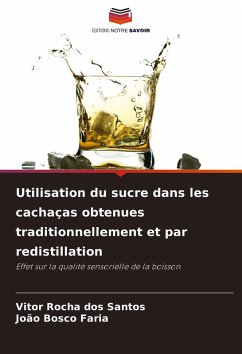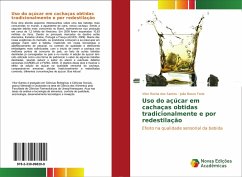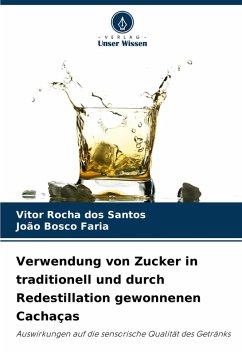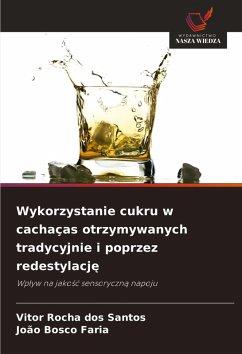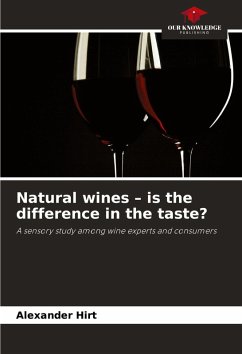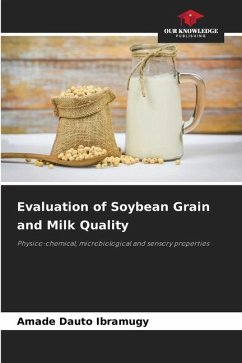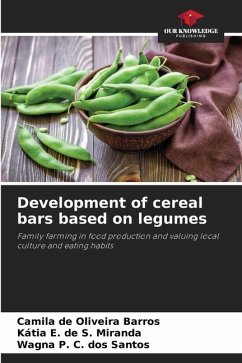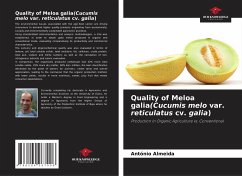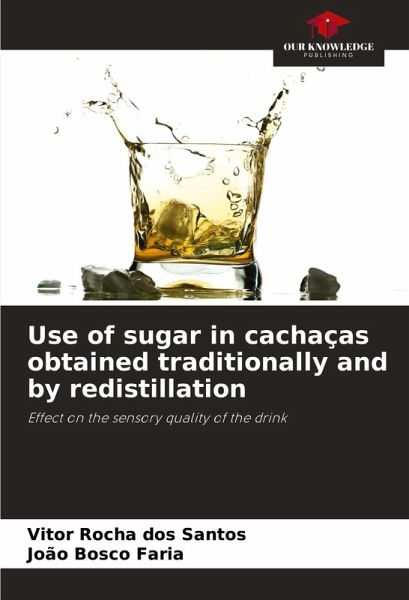
Use of sugar in cachaças obtained traditionally and by redistillation
Effect on the sensory quality of the drink
Versandkostenfrei!
Versandfertig in 6-10 Tagen
16,99 €
inkl. MwSt.

PAYBACK Punkte
8 °P sammeln!
This book covers interesting aspects of one of the most widely consumed drinks in the world, sugar cane spirit, our cachaça. It is the second most consumed drink in Brazil, with production estimated at around 1.2 billion litres per year. In 2009, 10.83 million litres were exported. Among the main destination markets are Germany, the United States, Portugal and France (ALVES, 2009). Faced with the new demands of the market, producers are starting to worry about adding more value to the drink, investing in new technologies and improving staff, in quality control and offering more sophisticated ...
This book covers interesting aspects of one of the most widely consumed drinks in the world, sugar cane spirit, our cachaça. It is the second most consumed drink in Brazil, with production estimated at around 1.2 billion litres per year. In 2009, 10.83 million litres were exported. Among the main destination markets are Germany, the United States, Portugal and France (ALVES, 2009). Faced with the new demands of the market, producers are starting to worry about adding more value to the drink, investing in new technologies and improving staff, in quality control and offering more sophisticated packaging, with the aim of placing cachaça in the best consumption points in the country, alongside other distilled drinks that are already well-established in the country and the world. The addition of sugar has been used as a way of standardising the taste of some distilled beverages, with the aim of reducing the taste of ethanol and any sensory defects (CARDELLO and FARIA, 2000). The aim of this book is to show the effect of adding sugar on the sensory quality of cachaça by comparing traditionally obtained and redistilled samples containing different concentrations of sugar. Happy reading!





